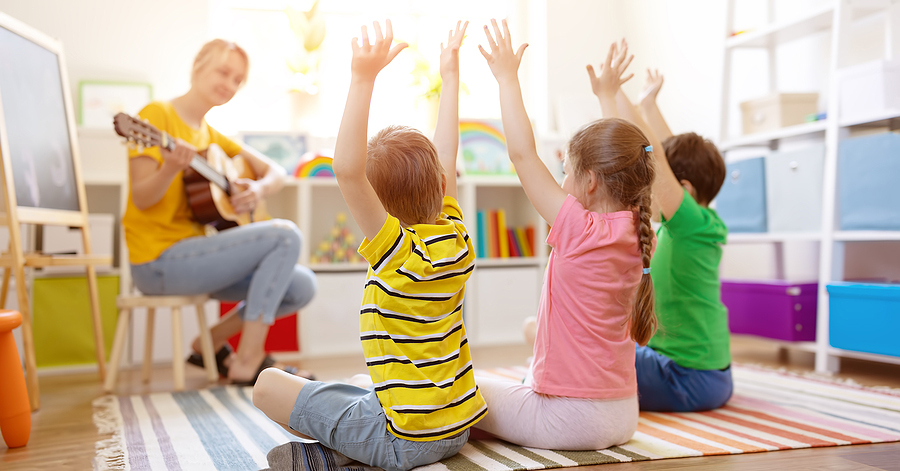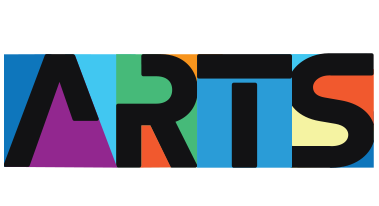Music can be much more than an enjoyable pastime for children. It is a tool that, when harnessed correctly, can boost their cognitive, social, and emotional development. The beauty of music classes for kids lies in their multifaceted ability to enhance learning while also providing an engaging and enjoyable experience.
The Importance of Music in Child Development
When it comes to cognitive development, music plays a vital role. Research has shown that exposure to music can aid language acquisition, as the rhythm and repetition of songs provide an ideal platform for learning new words and phrases.
Furthermore, the patterns inherent in music can also boost mathematical abilities, giving children a fun way to learn about counting, sequencing, and more. And let’s not forget memory: songs and melodies can be powerful memory aids, helping kids to remember key information. Additionally, spatial-temporal skills, important in problem-solving, can also be enhanced through music, thanks to the coordination and interpretation skills required to play an instrument or follow a rhythm.
On the social and emotional front, music is a universal language that allows children to express their feelings and connect with others. Participation in music classes can help build confidence, as children learn to perform in front of others and receive positive feedback.
Group music activities also foster teamwork and cooperation, teaching children the importance of working together to create something beautiful. Moreover, by interpreting the emotions conveyed in different pieces of music, children can deepen their emotional understanding and empathy.
The Components of Effective Music Classes for Kids
Effective music classes for kids combine age-appropriate learning with exposure to a variety of instruments and styles. Activities should be tailored to the developmental stage of the child, with simple songs and rhythms for younger children, gradually introducing more complex pieces as they grow. Exposure to a range of instruments and musical styles can also enhance a child’s musical understanding and appreciation.
Learning should be a joy, not a chore. Incorporating fun and interactive elements into music classes not only keeps kids engaged but also aids in learning. Games, activities, and creative challenges can all make the learning process more enjoyable and effective.
An essential aspect of music classes is the opportunity to perform and share what they’ve learned. Regular performances, whether in class or at larger recitals, can help children become comfortable with public speaking, enhance their confidence, and give them a sense of achievement.
Real-World Benefits of Music Classes for Kids
The benefits of music classes extend beyond the classroom. Studies have linked music education to improved academic performance, as the skills learned in music classes — such as concentration, patience, and discipline — can be applied to other areas of study.
Additionally, mastering a musical instrument or being part of a music group can significantly boost a child’s self-esteem and confidence. Overcoming challenges, whether it’s learning a new piece or performing in front of others, teaches kids that they can achieve their goals with hard work and persistence.
Music classes also offer opportunities for social interaction, allowing kids to develop essential communication and cooperation skills. Collaborating on a musical piece requires listening to others, respecting their contributions, and working together to achieve a common goal — all valuable skills in everyday life.
Success Stories from Music Classes
There are countless examples of children who have seen remarkable benefits from their music classes. From developing a lifelong passion for music, to improving their grades, to becoming more outgoing and confident, the transformative power of music education is undeniable.
How to Choose the Right Music Class for Your Child
Choosing the right music class involves understanding your child’s interests and preferences, checking the credentials of the music school, and considering practical elements like scheduling, costs, and location.
A quality music program should have qualified teachers, a comprehensive curriculum, and a supportive environment that encourages learning and creativity. Also, ensure that the class schedule fits with your family’s routine and that the costs are manageable. Remember, the most important thing is that your child enjoys their music lessons and feels encouraged to explore and develop their musical abilities.
East End Arts: A Place to Cultivate Musical Talent
If you’re looking for a place where your child can cultivate their musical talent, consider East End Arts. As a community-based non-profit organization, we are passionate about nurturing the artistic talents of our young community members. We offer a range of group music classes for kids that provide a fun, supportive environment where they can explore different instruments, learn about music theory, and develop their performance skills.
For kids who wish to delve deeper into their musical journey, we also offer private music lessons. These personalized sessions are tailored to each child’s interests and abilities and are taught by experienced and dedicated teachers. Whether your child is just starting their musical journey or is ready to refine their skills, East End Arts is here to support them every step of the way.
At East End Arts, we’re excited to accompany your child on their musical journey. Let’s make beautiful music together!






